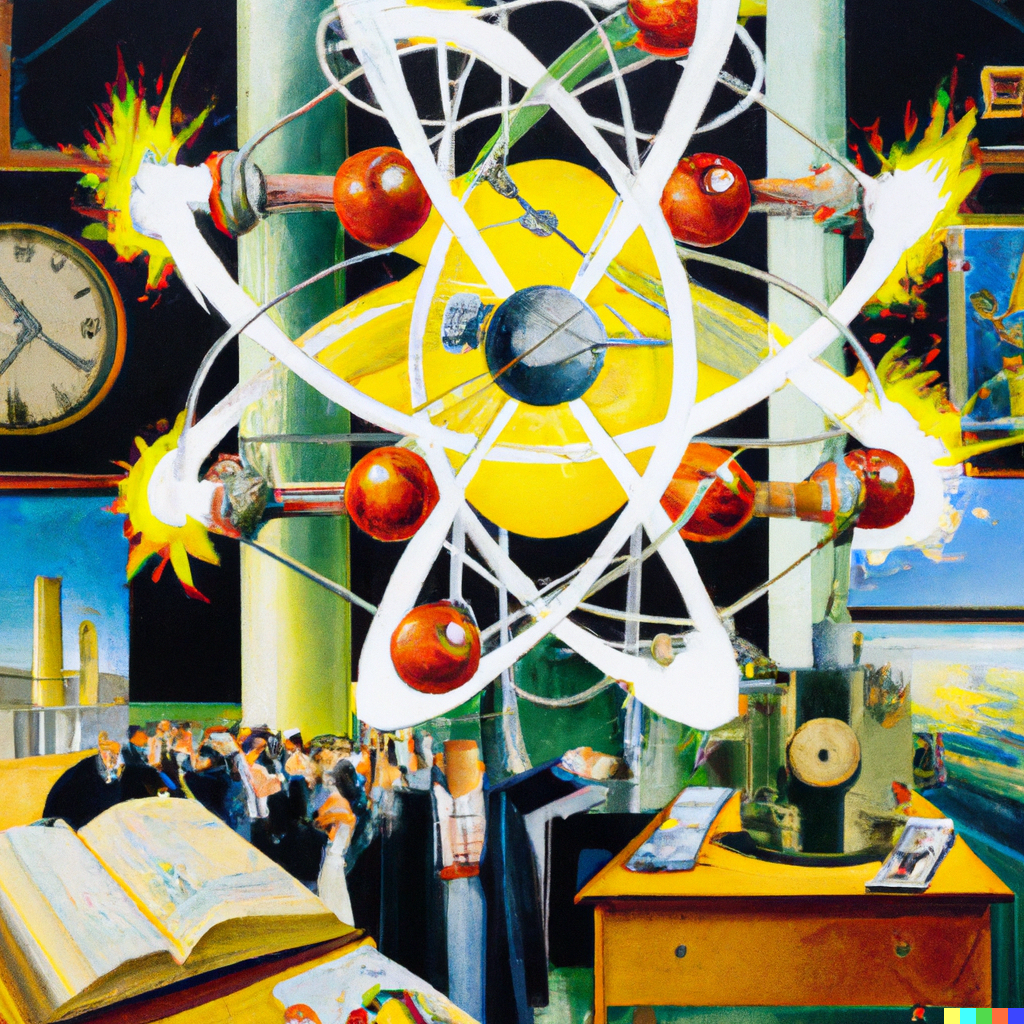Why I am bearish on 100x energy production

On a recent episode of All In, a podcast I listen to less out of any interest in the inidividual opinions of any of the hosts, and more out of a desire to “Know The Enemy,” David Friedberg gave a breakdown on a recent breakthrough in nuclear energy generation. The breakthrough, specifically in nuclear fusion, was that researchers were finally able to… generate energy. At the point of delivery, scientists were able to hit a deuterium-tritium sphere with roughly 2mJ of energy, and observed an energy yield of roughly 3mJ. As Chamath was quick to point out in what can only be described as the start of a head-scratching tantrum, the overall yield was actually negative, as the machine needed to deliver the 2mJ laser consumed about 300mJ of power.
The hosts then got into a protracted and pointless argument over whether Friedberg was being “intellectually dishonest” in his advocacy for fusion research, because as Chamath asserted, humanity already has sufficiently advanced Solar technology to provide everyone with the energy needed for a green transition. What “intellectually dishonest” even means in this context I do not know, Chamath seems to just blast in like the Kool-Aid Man sometimes saying collections of words in an indignant tone.
Friedberg went on to make the point that his interest mostly stems not from a desire to see a 1:1 transition from fossil fuels to renewables, but in a desire to see a 100-1000x increase in energy production. Chamath quibbled with this, odd for someone who supposedly holds “the price of energy will go to 0” as one of his key investment theses. I think at this point we know that what Chamath believes and what he says out loud are often very different, and serve very different purposes.
Regardless, I was left with a sense that the conversation was pointless, not because one of them was right and one of them was wrong necessarily, but because… so what. So we can generate 1000x more energy. What happens to quality of life? What happens to inequality? I think the naive answer is that quality of life improves. I also think that there is a significant chance in some senses that quality of life does improve. On the other hand though, I am not sure that the impoverished individual in some impoverished region has a significantly improved standing over 100 years ago. They may have a cell phone now. They may… potentially have less of a chance of dying of some preventable disease, but even there I am not sure. As we know, the effect of the supposed massive leaps in quality of life over the last 100 years has mostly been that I and Elon Musk both drink Diet Coke and use the same computer.
The kernel of thought here is that, like complex systems that have essential essential complexity and accidental complexity, I believe society has essential inequality and incidental inequality. As a result, the goal of “eliminating poverty” never quite made sense to me. As far as I can tell, barring a 100% flat distribution of resources, any society with a bottom quartile of wealth will, definitionally, have a “poor.” This, in my mind, is essential inequality. It is not good, it is just definitional. Incidental inequality in my mind comes from the delta in Quality of Life between that top decile/percentile and the bottom decile. Incidental inequality is the outcome of how we structure society to close/widen the QoL gap between the top percentile and the bottom decile.
I look at energy policy in the last 100 years and I am not sure that increasing energy output by 1000 will really do much to stymie either of these inequalities. It will simply de-commodify energy. Will this really end famine, as people like Friedberg assert? Won’t the arena of exploitation and resource competition just move elsewhere, to arable land, or potable water? Even now we know that the limited supply of deterium-tritium means that procurement will be difficult. Are we in for a move from world-killing fossil fuels to nation-crushing conflict minerals?
Who says we will do anything good with all this newfound energy? We know from hardware design that when Intel gives us a stronger computer, programmers just find new ways to make a button shred CPU. The incidental portion of inequality, downstream of how we structure global governance, could just mean that Americans become even more indulgent and gluttonous. I was reminded of this concept, the “Law of Stretched Systems”, by a great blog post on cognitive load by Fred Hebert.
The tone of this post may seem bleak. I don’t mean it to be. Unlocking free energy* is likely to be a humanity-changing development, and I would be grateful to see it in my lifetime. I am just not sure humanity will change as much as some of are hoping.**
Footnotes
* Basically free, rather. Not so free if you live in whatever country they find all the deterium-tritium. For them it will come at the cost of their entire social fabric.
* I didn’t edit this, I am just trying to get back in the flow of writing about whatever comes to mind. I am also struggling with WordPress, it looks bad, I don’t know how to do basic stuff like code formatting, styling, or footnotes. It’s also a poor editor experience and confusing, but I have no interest in trying to migrate off for now. Thanks for reading!
